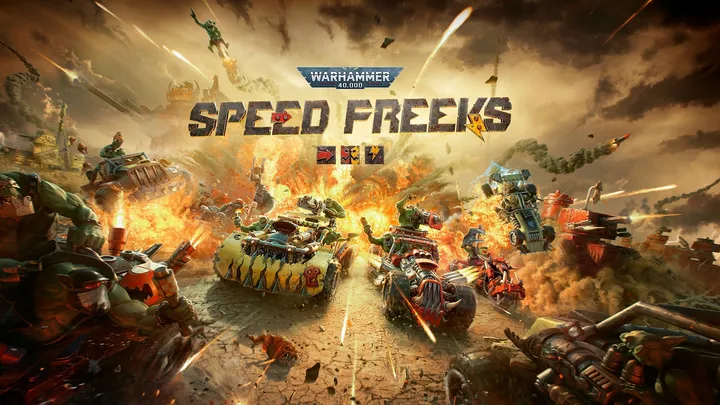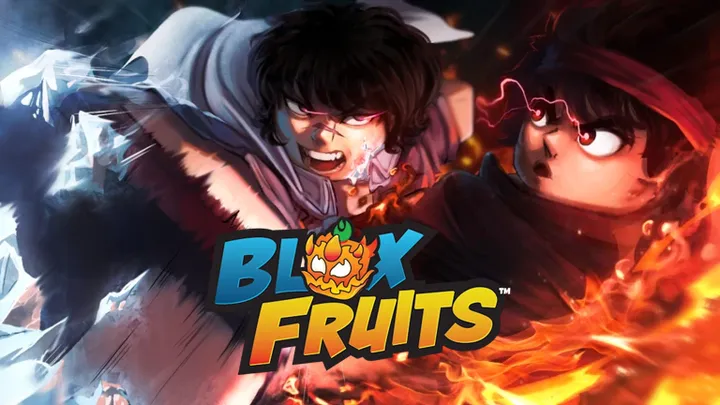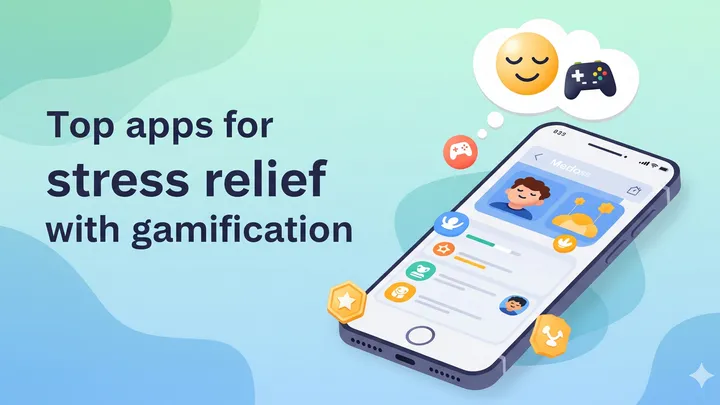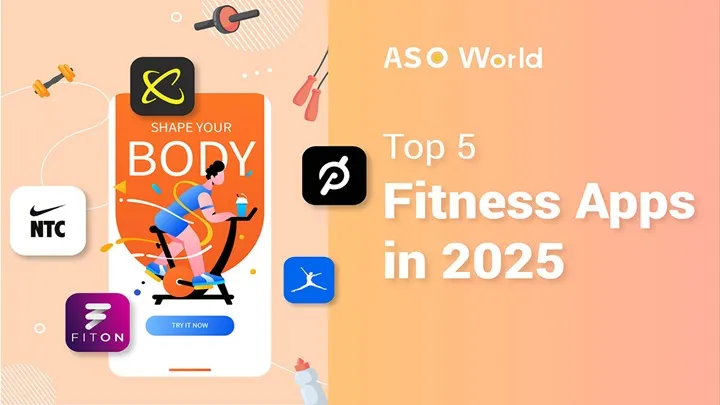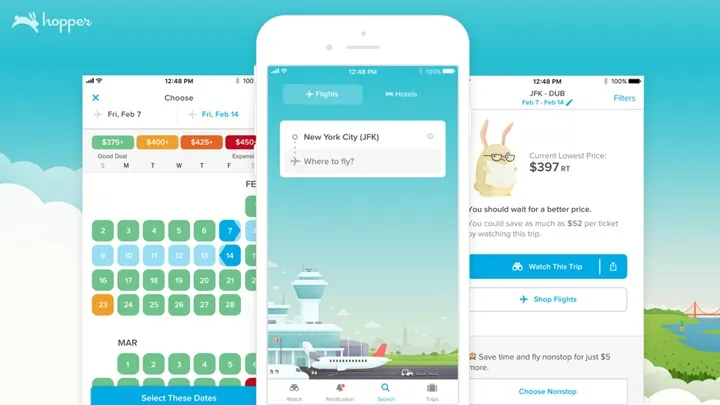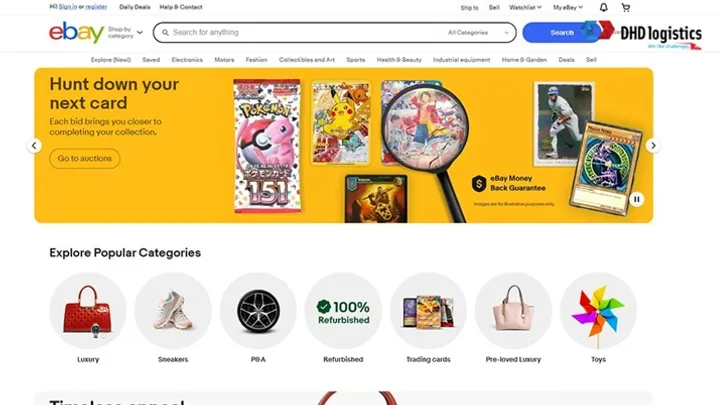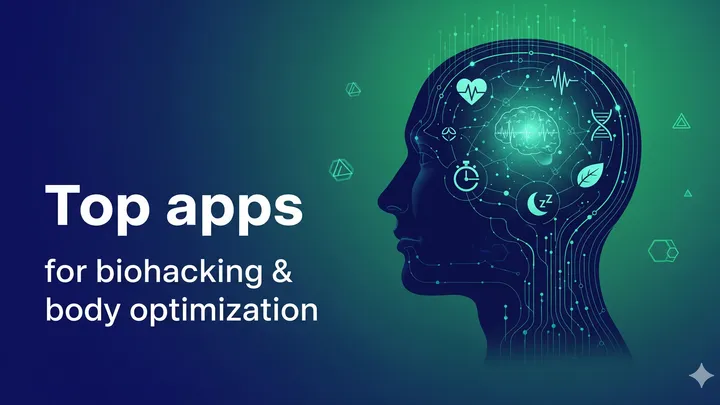Introduction
eFootball™ has become Konami’s flagship football simulation, replacing the long-standing Pro Evolution Soccer franchise. With its shift to a free-to-play model, it opened the door to millions of players worldwide. While the game delivers realistic physics and thrilling matches, one area continues to spark debate: the player progression system and its impact on fairness, strategy, and long-term satisfaction.
Player progression is the backbone of eFootball. It defines how managers build their squads, how superstars evolve, and how balanced matches feel in both casual and competitive play. Yet many argue the system is restrictive, uneven, or overly grind-heavy. This article will explore how the progression system unfolds across different stages of play, from the first matches to late-game online leagues, and why this single issue has become so crucial to the game’s identity.
The First Matches and Early Training Decisions
When players first enter eFootball, they are gifted a starter squad filled with average players. The excitement of early victories is quickly tied to training mechanics. Each player has a set of development points that can be assigned to stats like dribbling, shooting, or defending.
This moment feels empowering, but it also introduces complexity. New players often struggle to understand which attributes are most valuable, leading to inefficient choices that hurt their team’s growth long term. Scarcity of points ensures that every early decision feels permanent, creating both tension and anxiety.
Learning the Role of Development Points
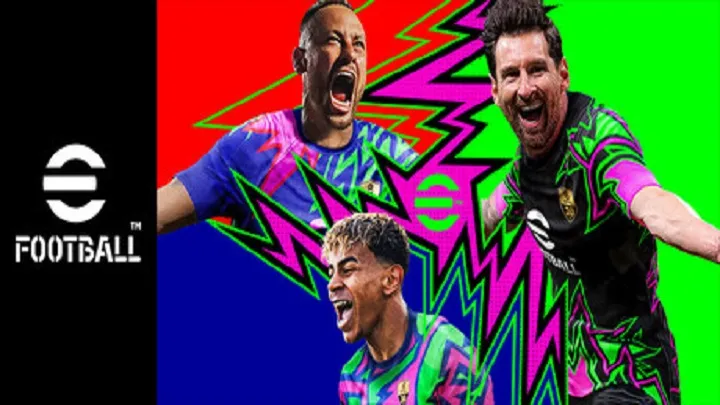
After several matches, managers begin to realize that development points shape player identity. A winger can be molded into a speed demon or a more balanced creator depending on where points are allocated.
H3: The Illusion of Freedom
While the system appears flexible, hidden meta-stat priorities (like speed and finishing) push players toward the same builds. This reduces creativity, as most managers chase optimal stats rather than unique playstyles.
H3: Early Missteps
Mistakes in early point allocation often lead to regrets. With no easy reset option, new players feel punished for experimentation.
Mid-Game Progression Walls
As squads develop, progression slows. Unlocking additional training points requires long hours of matches, event grinding, or premium purchases.
H3: The Grind vs. Reward Problem
- Too much grind: players lose motivation.
- Too little grind: progression loses meaning.
- Current balance: often criticized as leaning toward grind-heavy.
Players at this stage begin to feel the bottleneck. While early growth is rapid, mid-game players stagnate unless they commit to intense grinding or spend on microtransactions.
The Meta Builds and Stat Inflation Problem
By the mid-game, meta builds dominate. Forwards with maxed-out pace and shooting, defenders with sky-high tackling, and midfielders with stamina-focused builds begin to define the competitive scene.
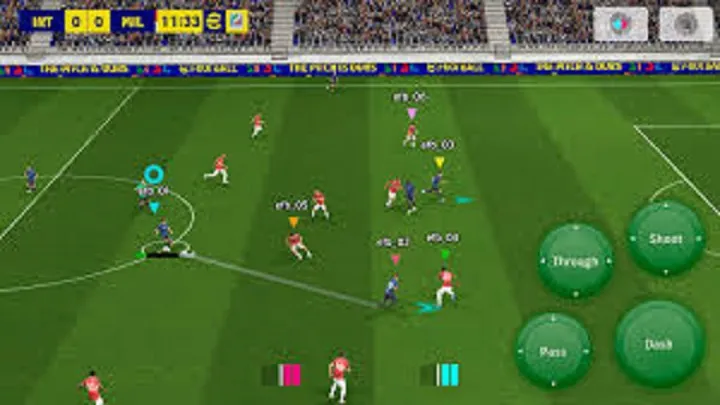
H3: The Risk of Homogeneity
Instead of unique squads, online matches often feature cloned builds. Creativity is overshadowed by the pursuit of raw efficiency.
H3: The Stat Inflation Cycle
Stat inflation makes older or less meta-friendly players obsolete, forcing managers to constantly chase new stars rather than nurture long-term favorites.
Late-Game Training Scarcity and Pay-to-Win Perception
In the late-game, scarcity of progression points becomes glaring. Unlocking final upgrades often requires massive grind or significant spending.
The Free-to-Play Barrier
Free players hit a ceiling, unable to fully optimize their squads without investing time far beyond casual levels.
H3: Monetization Influence
Paid options to accelerate progression foster a perception of pay-to-win. Even if skill still matters, the sense of imbalance frustrates the competitive community.
The Psychological Impact of Progression Design
Scarcity and grind affect more than mechanics — they shape how players feel about eFootball itself.
Satisfaction from Growth
Progression creates emotional investment. Watching a favorite player evolve into a superstar feels rewarding.
Frustration from Barriers
But when growth stalls behind grind-heavy mechanics, players lose attachment and motivation, sometimes quitting entirely.
Community Strategies and Coping Mechanisms
The eFootball community has developed ways to adapt to progression issues.
Shared Training Guides
Influencers and communities publish “best builds,” reducing experimentation but giving players clarity.
Budget Player Recommendations
Some focus on underrated players who can reach meta builds with fewer points, offering hope to free-to-play users.
Still, reliance on external guides highlights the system’s lack of clarity and in-game education.
Developer Balancing and System Updates
Konami has tweaked progression multiple times, adjusting point allocations and resetting some mechanics.
Incremental Changes
Small updates have slightly eased grind but not fundamentally solved scarcity or pay-to-win perceptions.
Missed Opportunities
Without a system for flexible respecs or more balanced progression pacing, the issue continues to define the game’s reputation.
Comparing eFootball to Other Sports Games
When contrasted with FIFA Ultimate Team or NBA 2K’s MyTeam, eFootball’s system is both simpler and harsher.
- FIFA allows more card variety but relies heavily on pack RNG.
- NBA 2K emphasizes grind but offers resets and seasonal progression.
- eFootball traps players with permanent point decisions and limited resets.
This comparison shows where Konami could learn, especially in allowing flexibility without undermining scarcity.
Long-Term Implications for Competitive Play
The progression system has lasting effects on eFootball’s esports and ranked scenes.
- Accessibility: new players struggle to catch up.
- Balance: cloned meta squads reduce diversity.
- Engagement: grind-heavy mechanics risk burnout.
Without a more flexible system, eFootball may struggle to maintain a thriving competitive ecosystem.
Conclusion
eFootball™ captures the excitement of football on a digital stage, but its progression system reveals both strengths and weaknesses. On one hand, it creates emotional investment and gives players control over development. On the other, it punishes experimentation, fosters homogenization, and creates pay-to-win perceptions.
The challenge for Konami is to strike a balance: progression should matter without overwhelming players. Scarcity should create value, not frustration. Until then, the progression issue will continue to define eFootball’s community experience, shaping whether it thrives as a competitive giant or stalls as a grind-heavy simulation.




